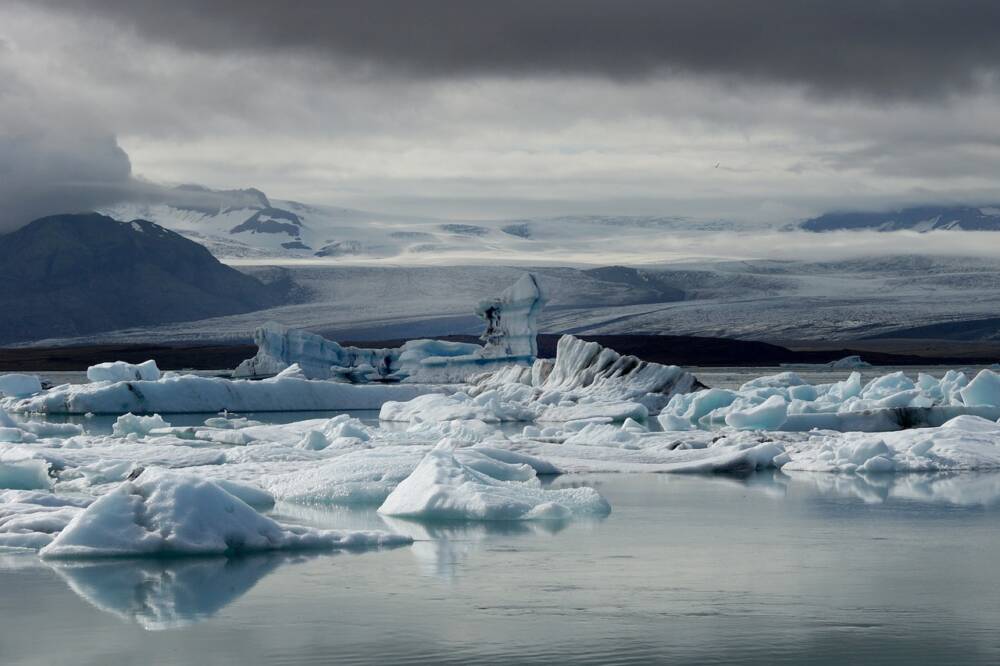A new report shows that extreme heat and widespread droughts are strongly affecting Europe's climate. 2022 had the hottest summer on record. And in the southern hemisphere there was a record low level of sea ice. Global warming is associated with declining sea ice in the polar regions.
Also read: New maps of Norwegian glaciers, very sensitive to climate change
"When sea ice disappears, energy transfer from the sea to the atmosphere increases," explains climate scientist Signe Aaboe of the Meteorological Institute.
He adds that this will affect weather patterns and ocean currents in other parts of the world and cause more extreme weather conditions, including in Europe. In addition, a warmer atmosphere and warmer ocean currents will delay the process by which the sea freezes over in the fall.
– In 2022, the Barents and Kara Seas were much warmer than usual in late summer. This led to a delayed start of winter ice formation and very little ice cover for the rest of the year.
The Arctic plays a bigger role
A report is published annually "The state of the climate in Europe" the EU climate monitoring service "Copernicus Climate Change Service" (C3S). This year he put more emphasis on the Arctic's role in understanding global climate change. The Norwegian Meteorological Institute has made important contributions in terms of both tools and data that provide detailed knowledge of climate change. The MET scientists were responsible for the datasets to monitor the oceans and sea ice in the northern regions, and for detailed atmospheric and weather monitoring in the Arctic.
We do, among other things, re-analysis of the climate in the Arctic. We then use the measurements together with the weather model to create complete maps of weather and climate development in the European Arctic, hour by hour, day by day and year by year, says Senior Researcher Harald Schyberg of the Meteorological Institute.
Here you can read more about the CARRA tool that monitors and analyzes rapid changes in the Arctic
Major Arctic Findings:
- The Arctic experienced its sixth warmest year since records began
- The Svalbard region experienced its hottest summer on record, with average summer temperatures in some areas more than 2,5°C above average
- Greenland experienced record-breaking glacier melt during extreme heatwaves in September
- In addition, sea ice in Antarctica has attracted attention with much less sea ice than ever before
Main findings for Europe:
- 2022 was the second warmest year on record
- The summer was the hottest on record
- Intense and prolonged heatwaves characterized much of Europe
- Low rainfall and high temperatures led to widespread drought
- Carbon emissions from fires in the summer months were at their highest in 15 years, some countries experienced their highest emissions in 20 years
- The European Alps have recorded record ice loss from glaciers
- The number of sunny hours in Europe was a record
The report provides important support for climate policy in Europe. Climate projections show that Europe will experience more extreme weather conditions, including droughts in southern Europe and strong warming in the Arctic. That's why we need accurate climate information and data to prepare ourselves and society for what may come.
Like us on Facebook and share our post with others. Thank you.
Source: Norwegian Meteorological Institute
Read and learn more: Norway doubles climate funding to NOK 14 billion




